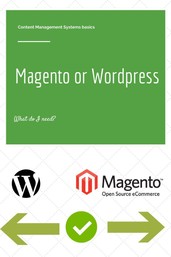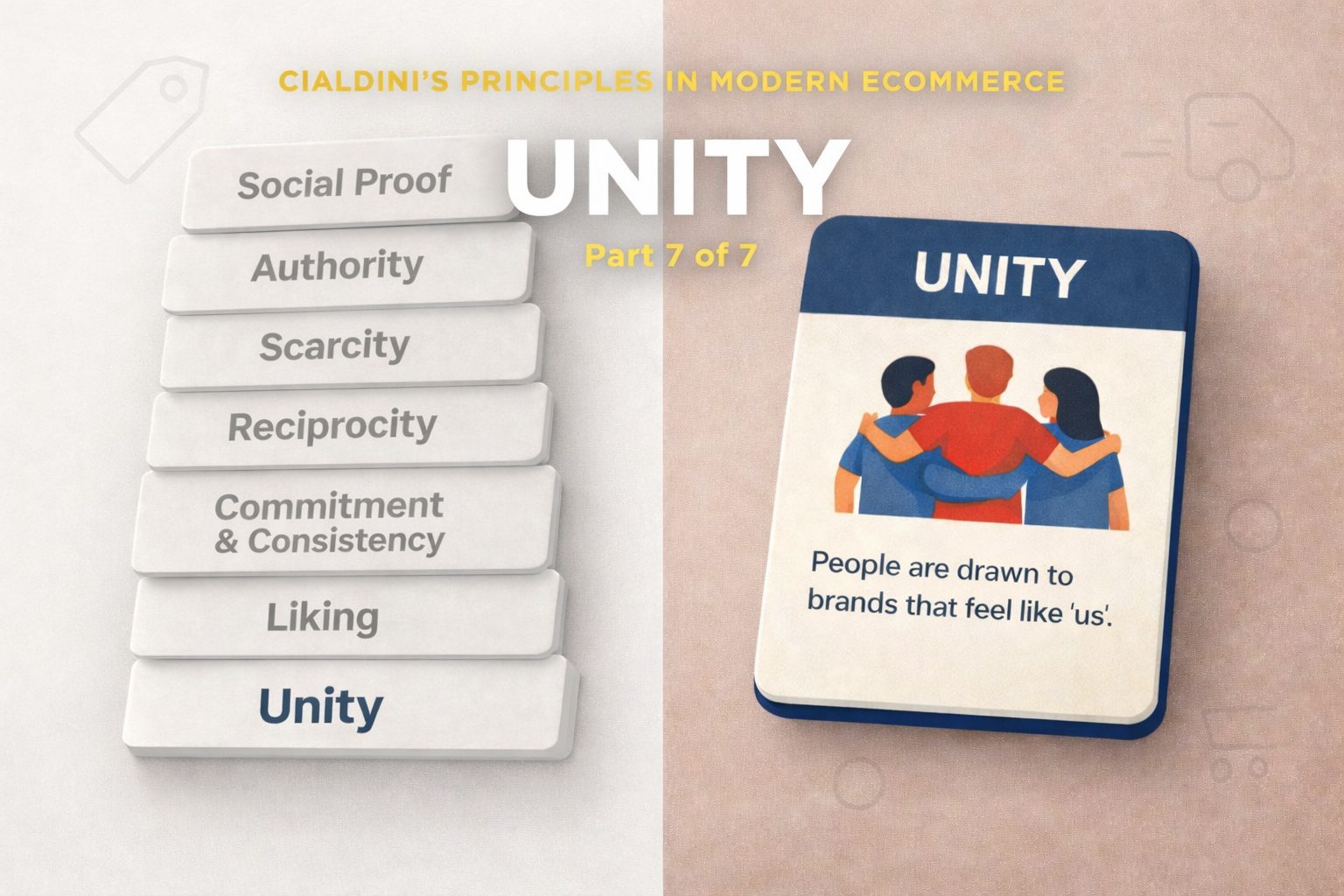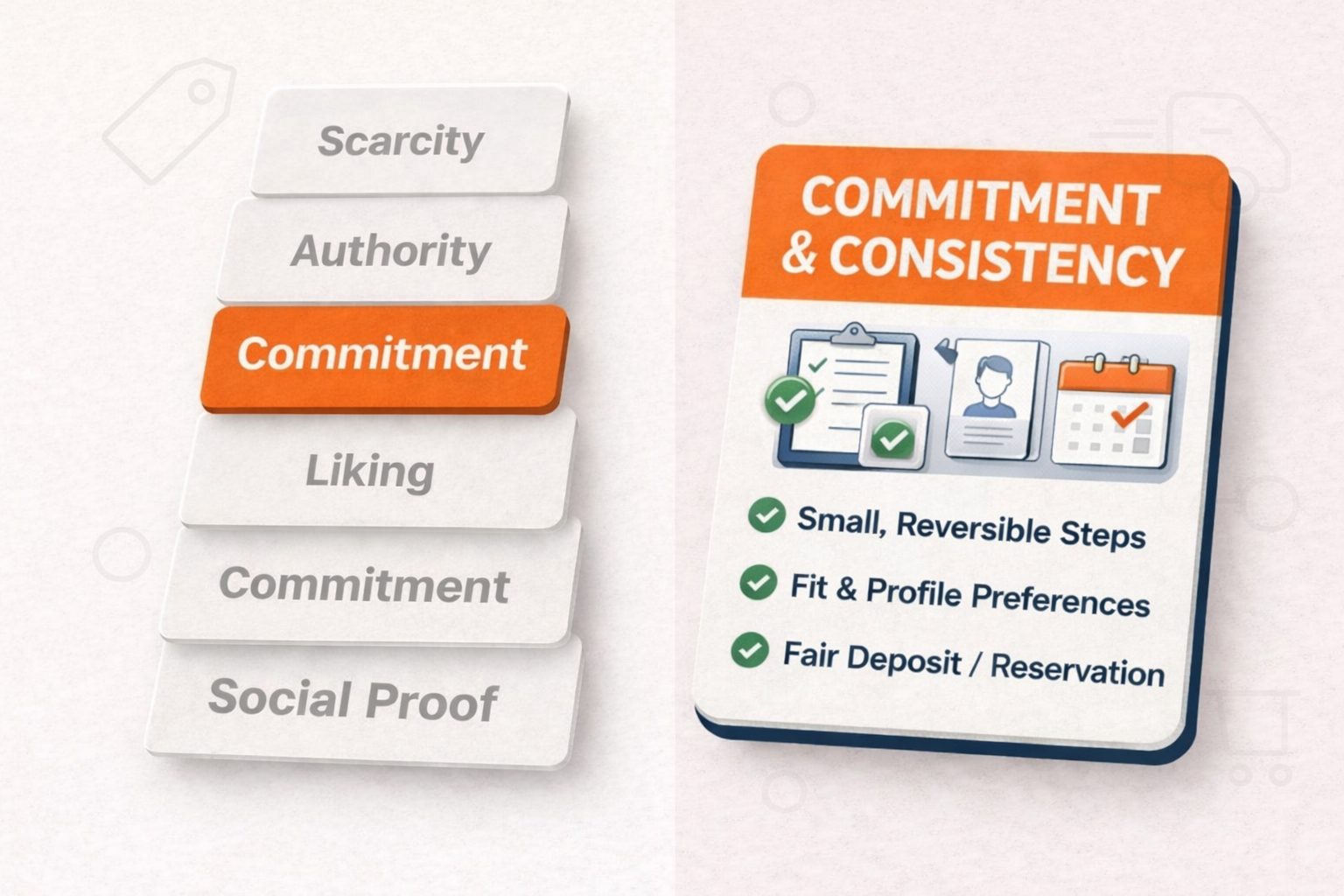
Intro
This post targets people who are new in the area and want to understand what is Magento and how it is different from another popular solution- WordPress.
WordPress CMS
WordPress was originally developed as a platform for blogging, but over the years it expanded to become a more generic CMS (Content Management System). For example this website is powered by WordPress. WordPress key characteristics:
- Open-source, free to download and install on your hosting (many hosting providers support easy WordPress installation);
- User-friendly admin interface, one of the easiest CMS to use for website owner/content editor;
- Extensive ecosystem with tons of free and paid plug-ins that extend functionality and design templates (themes);
- Huge pool of developers who know WordPress;
- SEO friendly
Magento CMS
Let’s start from the statement that “Magento CMS” is probably not the best term to describe Magento, more correct name for it is “eCommerce Platform” or “Shopping cart”. While Magento has content management component, it is pretty specialised solution built for the online stores, not any kind of website. So if you need online store, Magento is a solution to consider, otherwise you need something else. Magento eCommerce key characteristics:
- Open-source, free to download and install (Magento Community Edition, there is a paid version with extended functionality called Magento Enterprise);
- Probably the most comprehensive free open-source ecommerce system with tons of advanced features packed (like auto-generated coupon discounts, multiple shipping and payment options, layered navigation to name just few);
- The most popular platform with over 40% market share in Australia;
- Solid ecosystem with thousands of free and commercial extensions and dozens of thousands of developers worldwide;
- Requires time to learn both as a store owner and as a developer;
What do I need – WordPress or Magento
To put it simple – if you are after ecommerce platform, you need to consider Magento. If you are about blog or content website – consider WordPress. I deliberately wrote “consider’ because: Magento isn’t the only eCommerce platform and WordPress isn’t the only CMS – there are number of alternative solutions in both these areas that in some cases may work better.
Can I use WordPress for eCommerce
There is a possibility to use WordPress for online stores if you install an extension that provides that such functionality; the most popular one is Woocommerce. My opinion that it may work for you in the case when your requirements are simple, product catalogue is small and you don’t plan to expand and customise your solution in the foreseen future. But in general using WordPress for eCommerce is stretching that excellent platform too much, so I would leave it for other uses.
If your budget is limited (while Magento is free to download it is definitely not the cheapest solution after you factor implementation) you may better take a cheaper specialised eCommerce platform like Shopify or Bigcommerce.





